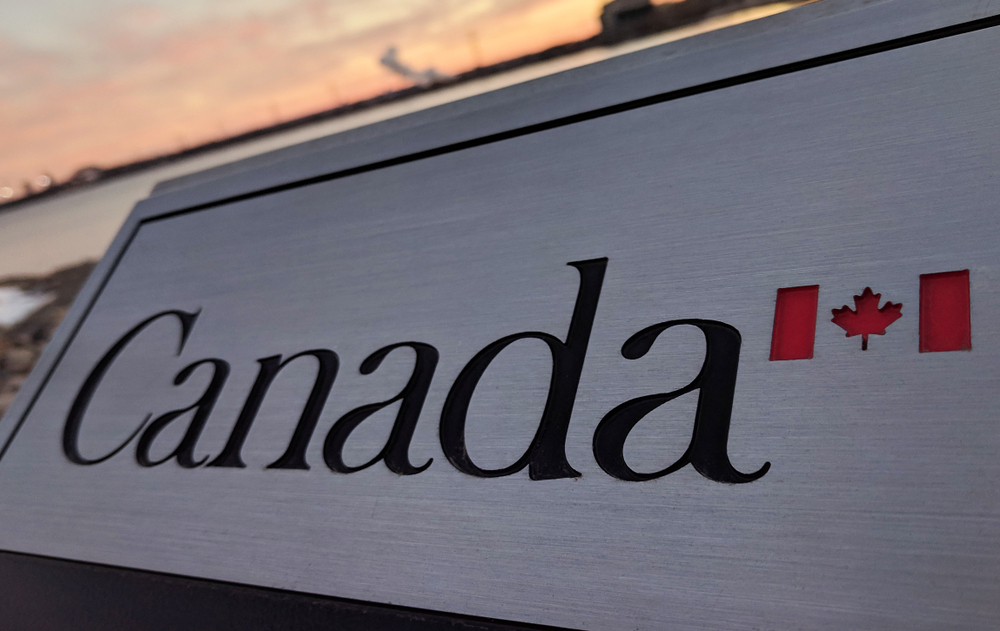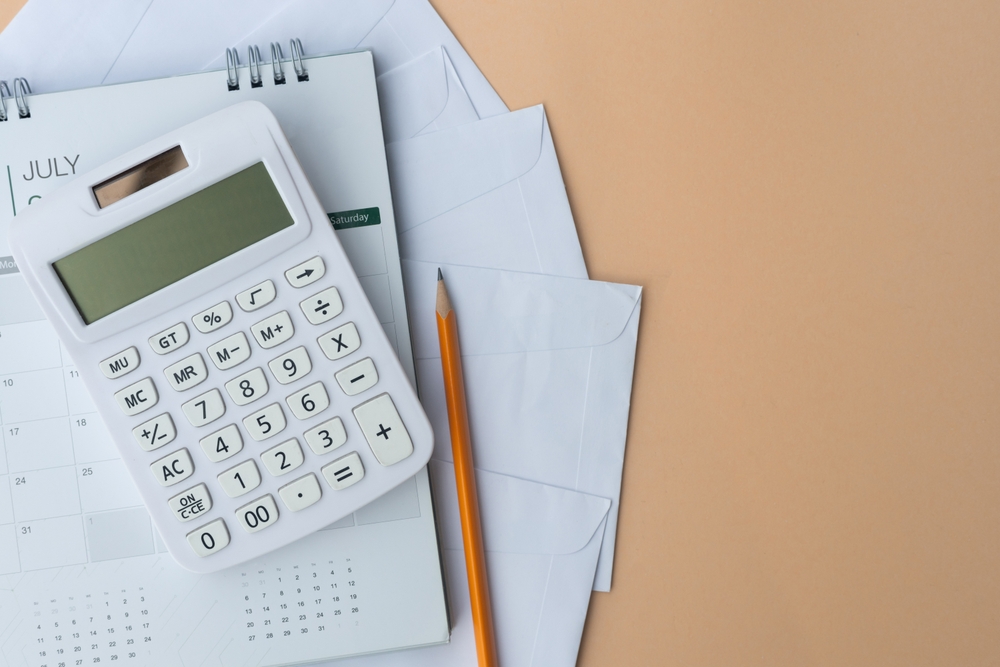Debt forgiveness. For anyone suffering from financial stress, it’s a very attractive couple of words—but what does it really mean, and how does it work? At its core, debt forgiveness gives you a chance to reduce what you owe and regain control of your finances. It’s a powerful step toward breaking free from unmanageable debt and starting fresh.
At Harris & Partners, we’ve been helping Canadians tackle tough financial situations for over 60 years. We believe everyone deserves the opportunity to rebuild their future. So, if you’re curious about how debt forgiveness works or wondering if it’s right for you, we’re here to guide you. Let’s take a closer look.
Key Points:-
- So what is debt forgiveness?
- Two common debt forgiveness options
- Other Ways to Manage Debt
- How Harris & Partners Can Help
So what is debt forgiveness?
Debt forgiveness is when part or all of your debt is reduced or erased. It’s usually offered when someone’s financial situation makes it hard to repay what they owe. Creditors review your circumstances—like your income, expenses, and reasons for struggling—and decide if they’ll accept less than the full amount.
For many, debt forgiveness provides relief and a clear path forward. But you should know that it may temporarily affect your credit score, which could make it harder to borrow in the future.
Two common debt forgiveness options
1. Consumer proposals
A consumer proposal is a legal agreement where you repay part of your debt over time. It’s set up with help from a Licensed Insolvency Trustee (LIT), who acts as a mediator between you and your creditors.
Why choose a consumer proposal?
- Pay less than you owe: You can reduce what you owe by up to 80%.
- No more interest: Once the proposal is filed, interest on your debts stops.
- Creditor protection: Calls, letters, and legal actions from creditors stop immediately.
- Keep your belongings: Unlike bankruptcy, you don’t have to give up your home, car, or savings.
What to consider:
- A consumer proposal affects your credit score for up to six years.
- Certain debts, like recent student loans or child support, can’t be included.
- It’s public record, so anyone running a background check on you will see the details.
Read our guide – What happens to debt when someone dies in Canada?
2. Bankruptcy
Bankruptcy is a legal process that clears most of your debts, giving you a fresh start. While it’s not the first option most people choose, it can be a helpful last resort if you can’t manage your debts any other way.
Why people file for bankruptcy
- Start fresh: Most debts are erased, allowing you to rebuild your finances.
- Immediate protection: Creditors must stop contacting you as soon as you file.
- Quick resolution: Bankruptcy can sometimes resolve your financial struggles faster than other options.
What to consider:
- You may lose some assets, like your home or car, though there are exemptions.
- Bankruptcy affects your credit score for up to six years (or longer for repeat filings).
- It doesn’t cover all debts, like child support or recent student loans.
- It’s public record, but accessing this information is not common.
Other Ways to Manage Debt
If debt forgiveness isn’t the right fit for your situation, there are other ways to tackle debt. However, it’s important to understand the pros and cons of each option before deciding.
Debt Consolidation
Debt consolidation combines all your debts into one loan with a lower interest rate. On the surface, this simplifies your payments, but it doesn’t lower the total amount you owe. You’re still responsible for repaying every dollar, just in a new structure.
Choosing this path often requires collateral, such as your home or car, and missing payments could put them at risk. What’s more, approval is difficult for people with financial challenges, as you need strong credit or a stable income. For most people, debt consolidation is a short-term solution rather than a long-term fix.
Debt Settlement
Debt settlement involves negotiating with creditors to pay less than the full amount you owe. While this can sometimes reduce your debt, it’s not guaranteed. Creditors may refuse the offer or demand a higher payment than expected.
Settling your debts can also hurt your credit score, as it shows creditors that the debt wasn’t repaid in full. Plus, if you work with a debt settlement company, their fees can eat into any savings you might gain from the process. Settlement agreements are also not legally binding for all creditors, which means some debts may remain unresolved.
How Harris & Partners Can Help
Figuring out the best way to handle debt isn’t always straightforward, but you don’t have to do it alone. Whether you’re looking into debt forgiveness, a consumer proposal, or another option, Harris & Partners can help you understand what works best for you.
With decades of experience helping Canadians take back control of their finances, we’re here to provide clear advice and workable solutions for your specific situation.
Take the first step toward a fresh start – reach out to us today for a free consultation.










